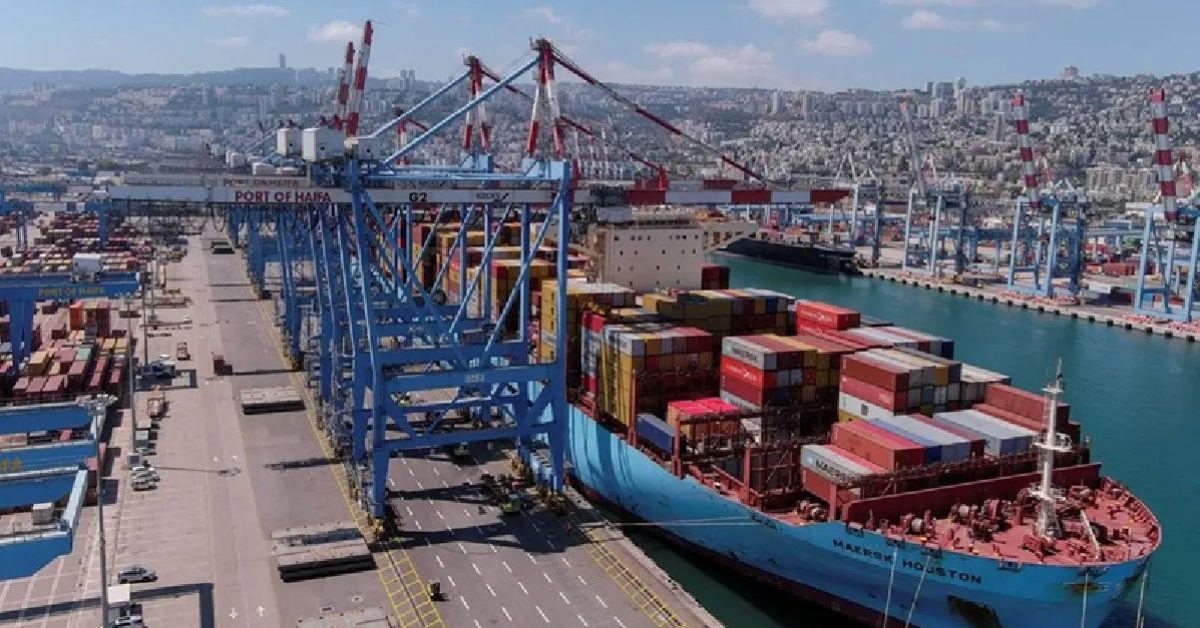The goal is to harmonize procedures, systems, and documentation across all major Indian ports—covering container, dry bulk, liquid bulk, EXIM, transshipment, and coastal traffic—to increase efficiency, reduce costs, and improve global competitiveness.
The programme focuses on mapping every step in the port value chain, identifying gaps, eliminating redundant or inconsistent paperwork, and digitizing processes through platforms like the National Logistics Portal – Marine and the Enterprise Business System (EBS).
Key Impacts Already Achieved:
- Documentation for container operations has been reduced by 33% (from 143 to 96 documents), and for bulk cargo by 29% (from 150 to 106)
- The initiative is enabling a faster turnaround time—potentially reducing average port process duration to 18 hours from the current 26–30 hours
- ONOP aligns with broader goals such as green port operations, carbon reduction, modern infrastructure, and digitalization—under lines like Sagar Ankalan (Logistics Port Performance Index) and MAITRI (a digital trade interface)
Why It Matters:
By standardizing operations and cutting inefficiencies, ONOP is set to lower logistics costs—making Indian ports more attractive and competitive globally. It supports India’s vision of becoming a maritime powerhouse, advancing ease of doing business, and enhancing trade readiness as part of the ambitious Maritime Vision 2047
The initiative represents a major shift toward unified, digital, and sustainable port operations—moving beyond individual port silos to a cohesive national maritime infrastructure.
India’s One Nation–One Port Process (ONOP) launched in late February 2025, has moved firmly into its implementation phase. Here’s a concise update on where things stand:
Implementation Progress
- Process mapping & standardization: All procedures across 13 major and select minor ports have been reviewed and aligned. Significant gains include a 33% reduction in container documentation and a 29% reduction for bulk cargo
- Digital roll‑out: The National Logistics Portal – Marine, integrated with the Enterprise Business System (EBS), is live in multiple major ports and being expanded
- Performance benchmarking: The Sagar Ankalan Logistics Port Performance Index (LPPI 2023‑24) has been launched to monitor efficiency gains, turnaround times, and environmental impact
Where We Are Now
- Phase: Actively executing ONOP—not merely launching, but deploying uniform systems, automating procedures, and tracking improvements.
- Digital footprint: NLP‑Marine/EBS platforms are operational and scaling across the port network.
- Measured impact: Early results show meaningful cuts in paperwork and improved workflow, though further deployment is ongoing
Next Milestones
- Full digital integration: ONOP systems are expected to be fully embedded across all remaining major and key non‑major ports.
- Continued documentation reduction and operational optimization.
- Port development tie‑ins: ONOP is running in parallel with related initiatives—MAITRI trade platform rollout, Bharat Ports Consortium, and green port programs—to propel India’s maritime transformation.









